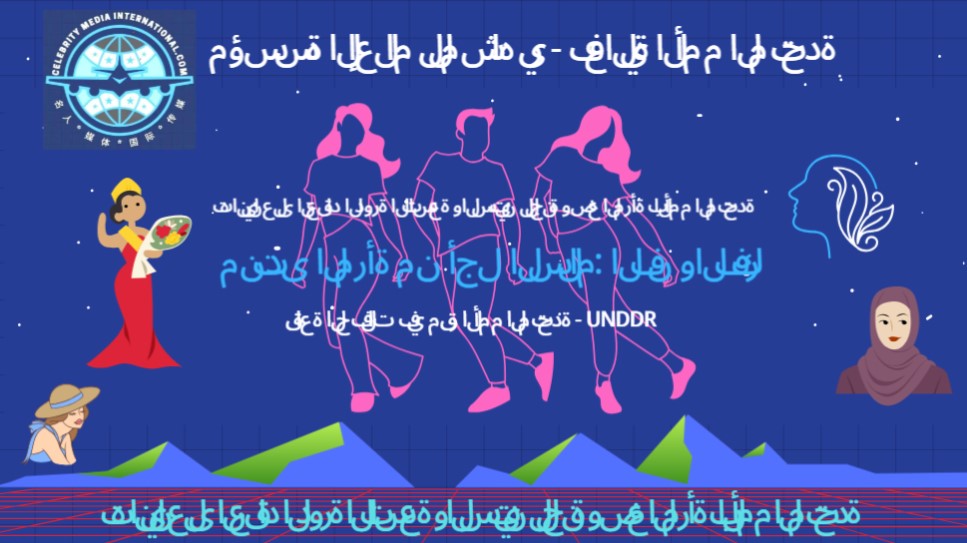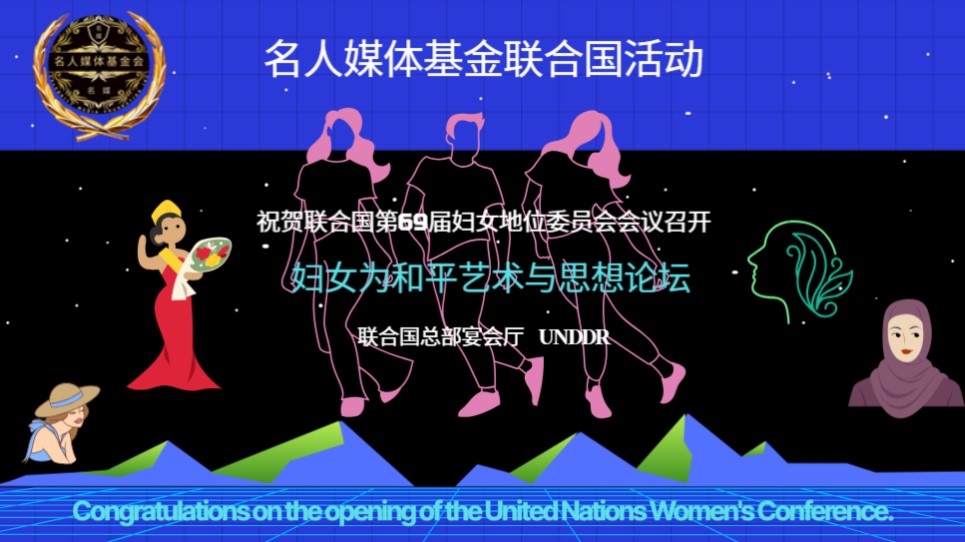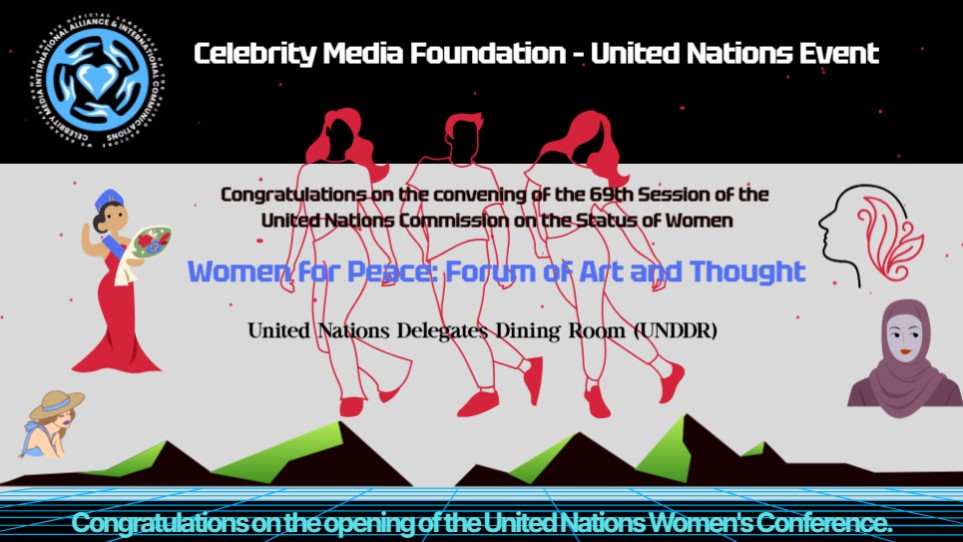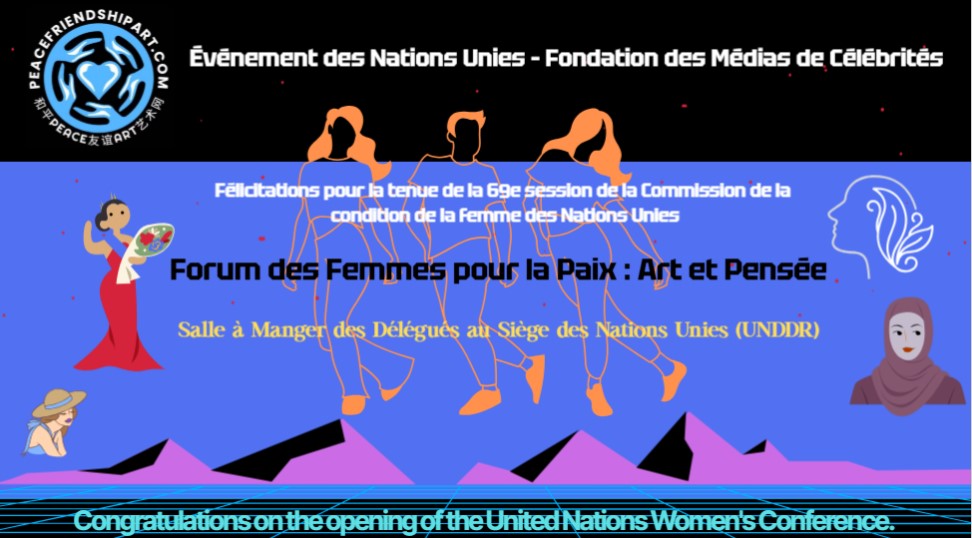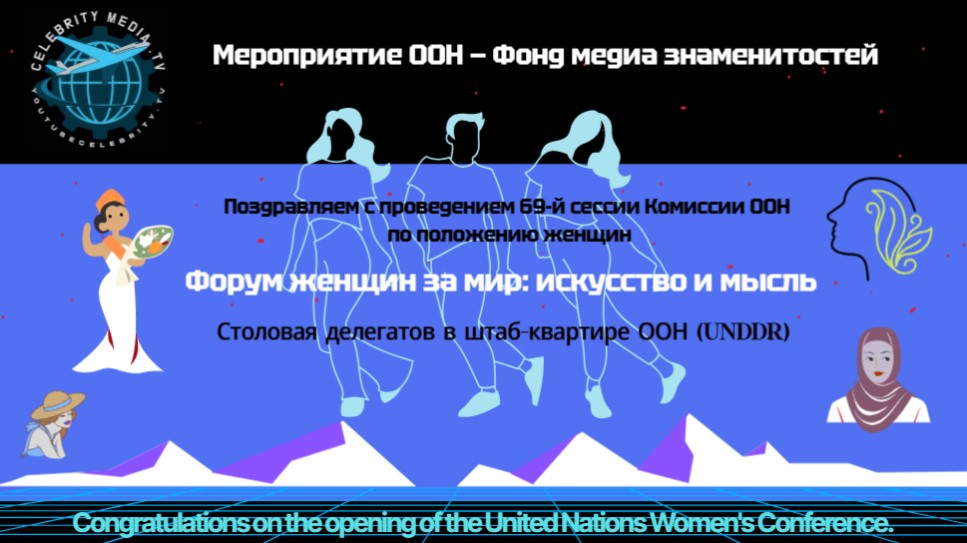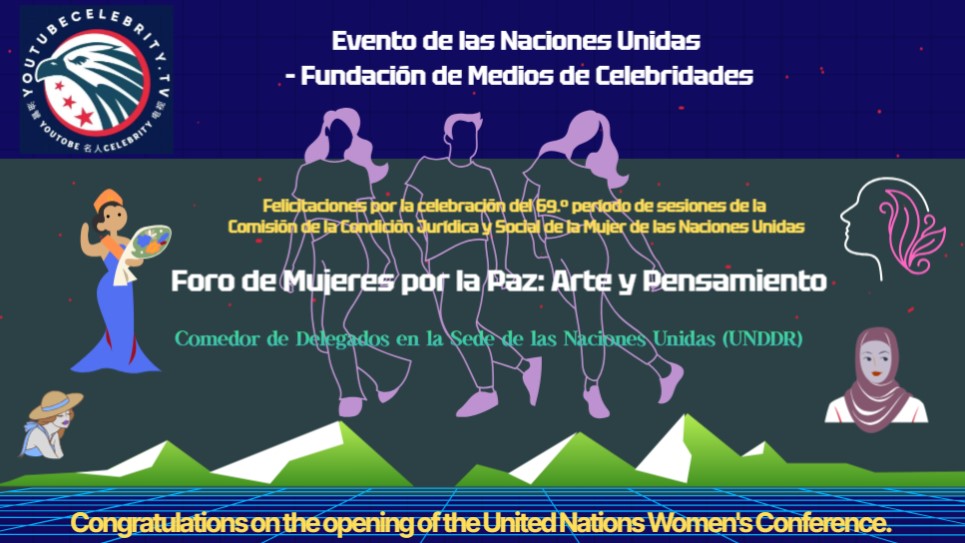Celebrity Media Editor's Note: At the recent Global Engagement Summit, Stéphane Dujarric, the Spokesperson for the UN Secretary-General, delivered a speech and answered questions from attendees at the United Nations General Assembly. Dujarric emphasized the importance of peace, including peace between nations, among people, and within societies. He specifically mentioned the significant absence of peace in our lives and how through collective efforts, we can achieve the ideals of the UN Charter, the Universal Declaration of Human Rights, and the Sustainable Development Goals.
Stéphane Dujarric is a seasoned diplomat who, with his keen insights, wise thinking, and extensive experience, has repeatedly secured the position of Spokesperson for successive United Nations Secretaries-General.
In his speech, Stéphane Dujarric, the Spokesperson for the UN Secretary-General articulated the position of the United Nations and the correct tools needed to defend it in a concise and clear manner. His conclusion, tinged with humor, earned enthusiastic applause from the audience.
In responding to questions from the audience on the spot, Mr. Dujarric, with his agility and his profound familiarity and understanding of international affairs at the United Nations, provided accurate and irrefutable reasoning that convinced every questioner.



Stéphane Dujarric de la Rivière (born 25 August 1965 is the Spokesman for the United Nations Secretary-General António Guterres. He was appointed to this position on 19 February 2014, by the previous secretary-general, Ban Ki-moon. Dujarric had previously served as Spokesman for Secretary-General Kofi Annan from 2005 to 2006[1] and then Deputy Communications Director for Secretary-General Ban Ki-moon from 2006 to 2007.








During the Q&A session following Stéphane Dujarric's speech at the Global Engagement Summit, several key issues were covered, especially concerning the conflict between Gaza, Israel, and Hamas.
Details on the Two-State Solution**: When asked about the specifics of implementing the two-state solution, Dujarric stressed the importance of resolving key issues through direct dialogue. He mentioned that although it is currently hard to imagine dialogue between Israel and Palestine, UN Secretary-General António Guterres still believes that the two-state solution is the only way to achieve lasting peace. Dujarric reminded everyone that final status issues such as the status of Jerusalem, the right of return, compensation, and security arrangements all need to be negotiated between the two parties.
Stance on the Gaza Conflict**: Regarding the ongoing conflict in the Gaza Strip, Dujarric reiterated the UN's call for an immediate ceasefire and the protection of civilian lives. He highlighted the UN's concern for the humanitarian situation in Gaza and the role of UN agencies in providing emergency aid and support.
Role of the International Community**: In answering how the international community can help resolve the conflict between Israel and Palestine, Dujarric pointed out that the international community must support direct dialogue and provide a fair and lasting peace framework for both parties. He also mentioned the UN's ongoing efforts in facilitating peace negotiations, providing humanitarian aid, and supporting reconstruction work.
Challenges and Criticisms of the UN**: Faced with questions about the challenges and criticisms the UN encounters in handling global crises, especially the conflict in Gaza, Dujarric acknowledged that the UN is not perfect but emphasized its core role as a global platform for maintaining international peace and security, promoting human rights, and sustainable development. He highlighted the importance of dialogue, cooperation, and multilateralism as means to address the most pressing issues of today's world.
The Q&A session revealed Dujarric's core message that despite challenges, the UN remains committed to seeking peace and solutions through dialogue, cooperation, and multilateralism. His responses underscored the UN's indispensable role on the global stage and the ongoing challenges in achieving the goals set out in its Charter.


Additionally, Dujarric discussed the challenges the UN faces globally, including underreported crises and funding issues for humanitarian needs. He emphasized the importance of the UN's humanitarian work and the critical role member states play in funding these efforts.
Overall, Dujarric's speech and responses highlighted the importance of peace and the necessity of resolving conflicts through dialogue and international cooperation. His remarks reflect the UN's continuous efforts to promote global peace and security and the importance of upholding its ideals in the face of current challenges.


The speech content delivered by Stéphane Dujarric, the Spokesperson for the UN Secretary-General, is as follows:
Thank you, dear Elizabeth, for giving me the opportunity to speak from a podium I don't often stand at. But most importantly, I must say, interacting with members of the United Nations Association of the USA and everyone committed to supporting the ideals of the United Nations is always a great pleasure.
Our work here every day is aimed at realizing these ideals, and I know that your work everywhere in the USA every day is for this goal as well. To say we live in challenging times might be an understatement; I believe the perpetual crisis Elizabeth talked about truly encapsulates the era we are currently in.
Just a few days ago, from this podium, our Secretary-General António Guterres outlined his vision for the world in 2024. He pointed out that one significant thing missing from our lives is peace, including all dimensions of peace: peace between nations, peace among people, and peace within societies. I dare say, most importantly, peace with nature. Peace is the cornerstone of our work and hope, and it should also be the cornerstone of all our collective efforts. In times like these, when the situation becomes tough, we might look to the future with a bit of apprehension, but we must double our efforts to live up to the ideals of the UN Charter, the ideals of the Universal Declaration of Human Rights, and the specific goals of the Sustainable Development Goals.
This journey we can only take together. That's why I'm so glad to spend some time with you this morning because you are an important part of our work at the United Nations, you are our important partners at the United Nations. Our cooperation is unique, creating a network of other important partnerships with the UN, experts, advocates, and communities representing the world we live in.
I am very grateful to the United Nations Foundation, the United Nations Association of the USA, its chapters, and members for all the groundwork done to ensure the relationship between the United Nations and the people of the United States remains strong. But let's be honest, supporting this United Nations is not easy in this era; sometimes what we say and the decisions made by member states in this hall can be very challenging for all of us. The efforts you make at the local level across the USA are crucial to our work at the global level. You clearly link us to the first words of the United Nations Charter, "We the Peoples."
For this reason, I think it would be more productive for me, and I hope for you, if we spend most of the time answering your questions, responding to your observations, and even some of your praises. Because to be able to defend the United Nations, you need the right tools, and the most important tool is being able to explain the complexity of this organization. Understanding the UN is truly the first step towards constructive engagement.
We are open to criticism, but all we ask is that at least the criticism is informed. So, thank you for everything you do to defend our shared ideals, to build a better world, and I look forward to interacting with you.
